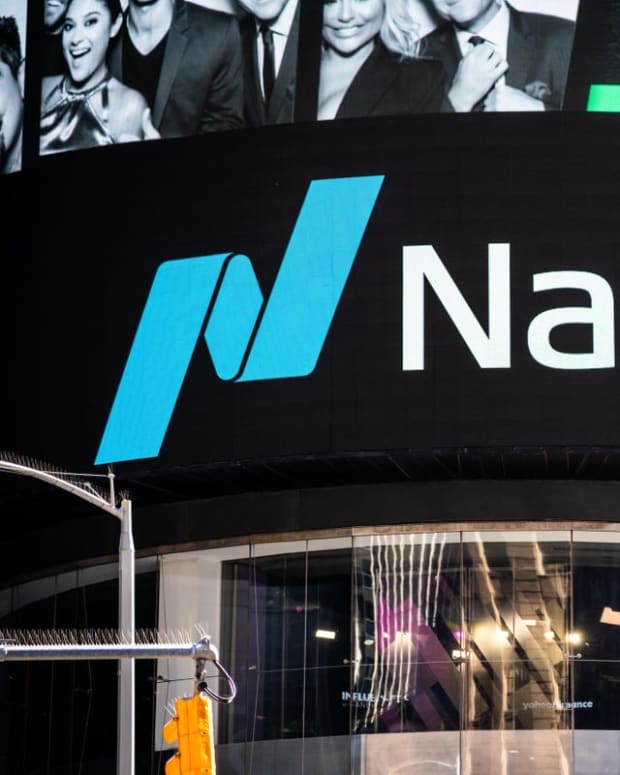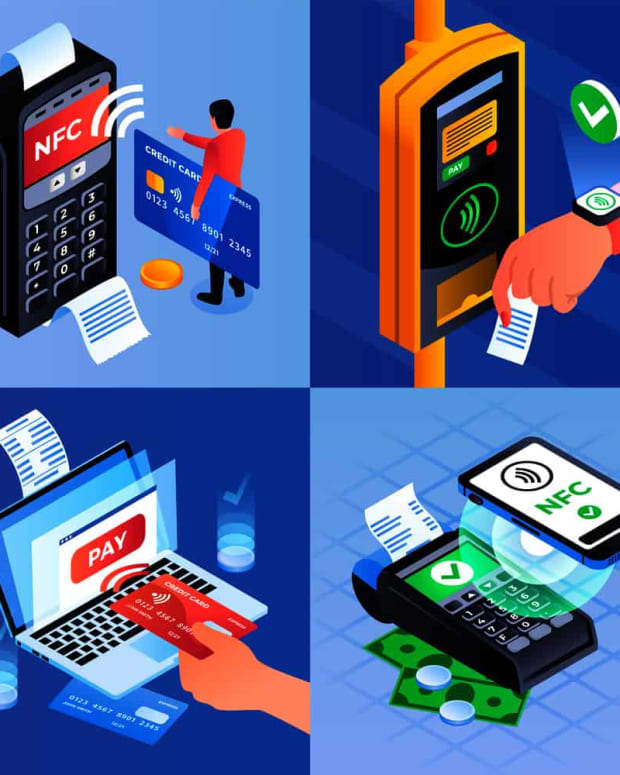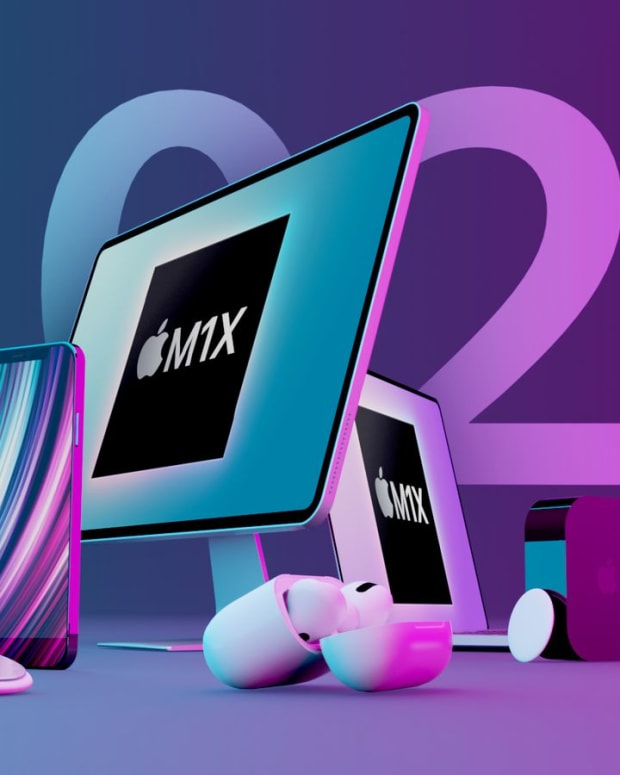
Buy Google Stock as Apple Privacy Shtick Bombs
(Tech stock analyst Jon D. Markman publishes Strategic Advantage, a lively guide to investing in the digital transformation of business and society. Click here for free trial.)
Apple (AAPL) - Get Free Report) managers successfully changed the debate about privacy. Now they want to add spyware to iPhones and iPads, then send suspicious data to law enforcement agencies.
Expanded Protection for Children was announced on Thursday. The software will roll out in iOS 15, the next mobile operating system. Longtime privacy advocates called it a backdoor to Apple’s data storage and messaging systems.
The policy change is a gift to Alphabet ( (GOOGL) - Get Free Report) and Facebook ( (FB) - Get Free Report).
Tim Cook began Oct. 2018 weaponizing user privacy. In a now famous speech in Brussels, the Apple chief executive went after Silicon Valley companies he said were monetizing user data with advertising-based business models. Although he didn’t specifically mention Alphabet, the parent of Google, or Facebook his targets and intentions were clear: Consumers were either the customer or they were the product.
Through the course of an afternoon the debate over actual privacy changed from user data stored on devices and in the cloud to advertising.
It was a debate Apple could easily win, as long as the Cupertino, Calif.-based firm stuck with tough end-to-end encryption and didn’t give up user data.
The latest proposed changes to iOS are designed specifically to break end-to-end encryption and give up user data.
The Electronic Frontier Foundation, a privacy advocate and staunch supporter of past Apple encryption policies called the changes a backdoor.
EFF notes the proposed scanning tools amount to two sets of spyware. The first scans all photos on the devices as they are uploaded to iCloud photos. Looking for markers associated with child sexual abuse material. The CSAM database is maintained by the National Center for Missing and Exploited Children. The other scan covers all iMessage images sent by accounts owned by minors.
These client-side scanning functionalities are software backdoors, according to the EFF. They break key promises of encryption and open the door wide to abuses by government policymakers.
Undoubtedly, some of these lawmakers will be authoritarian.
The response to Apple’s proposed changes has been swift and overwhelmingly critical.
An open letter at Appleprivacy.com quickly gained thousands of signatures and the backing of hundreds of security and privacy experts, cryptographers, researchers, professors and legal experts.
Investors should see the opportunity for Alphabet and Facebook. The uproar changes the debate about privacy from advertising back to actual user data stored on devices and in the cloud.
For three years Tim Cook has been talking about the turpitude of internet advertising. Mark Zuckerberg, founder of Facebook became the equivalent of a James Bond film villain, an evil genius bent on destroying the world for personal financial gain.
Following a 2018 interview with Zuckerberg about user data accessed by developers Kara Swisher told Today that Mark “knows what he did and he’s going to have to answer for it for several years.”
Now Apple is creating a backdoor to scan actual user data on iPhones. It is tough to argue privacy advocacy when your software is purposely scanning every photo snapped at birthday parties, soccer matches and bat mitzvahs.
Apple today is looking less like the undisputed privacy champion.
In contrast the digital ads that interrupt online media are annoying. That is the intent. Advertising remains a huge growth business because if given the choice between paid content through subscriptions or a so-called free ride with ads, consumers overwhelmingly choose to watch ads.
Statista, an online research firm notes that digital ad spending accounted for 51% of total spend in 2020. Growth is projected at 15.1% this year. Global digital ad spending reached $378 billion in 2020 and is expected to grow to $646 billion by 2024.
Alphabet and Facebook are set to benefit disproportionately. Google Search, YouTube, Gmail, Facebook, WhatsApp and Messenger are the most popular destinations on the internet. They are also walled gardens controlled completely by Alphabet and Facebook.
Apple has a powerful walled garden, too. Unfortunately, one of the cornerstones of that ecosystem is being demolished in real time.
Changing the debate about privacy benefits Alphabet and Facebook.
Longer-term investors should consider buy both stocks into pullbacks.








